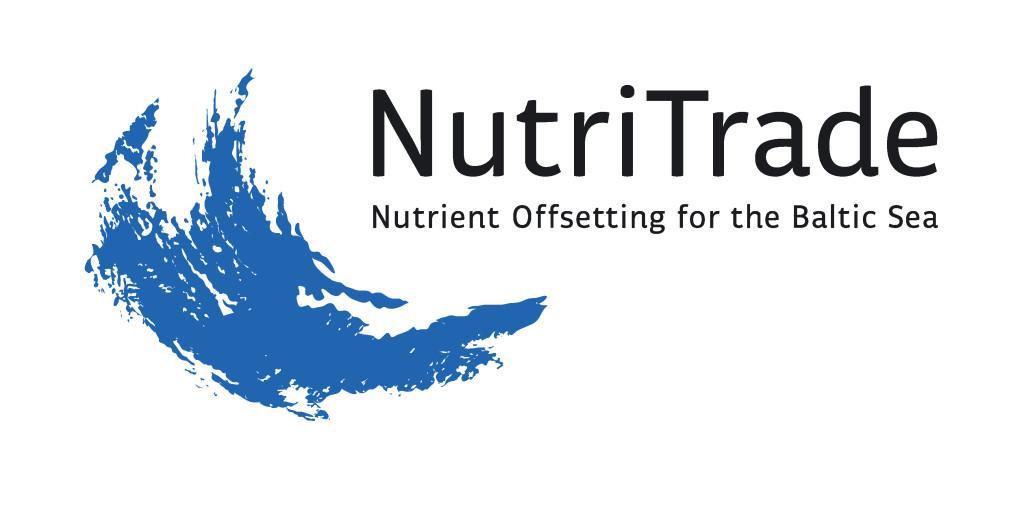By Anna Saarentaus, John Nurminen Foundation
The objective of project NutriTrade is to implement cost-effective measures for nutrient load reduction and to showcase how new thinking and flexible policy design enable reduction of nutrient discharges at minimum cost.
The main achievements so far include:
1,550 ha of field treated with gypsum
Gypsum application of fields is a new, effective and promising measure to reduce phosphorus (P) and suspended solid loads from agricultural soils. According to scientific research, gypsum reduces both particulate and dissolved reactive P loads. The total reduction in particulate P loads may be as high as 50% of current loads in catchment areas.
In autumn 2016, University of Helsinki coordinated the treatment of 1550 hectares of clay fields with gypsum in Southwestern Finland. The impacts on water quality are being analysed with continuous and automatic measurement systems in close cooperation with the local farmers.
200,000 kg of local fish removed from the sea
With targeted fishing of cyprinid fish, Pilot Fish aims to recycle 5-8 tons of phosphorous annually from the marine ecosystem to solid ground, thus complementing the measures that seek to reduce nutrient loads onshore. The Pilot also seeks to increase the utilisation of cyprinid fish in households and institutional kitchens and to replace imported fish with under-utilised local fish.
John Nurminen Foundation organises open calls annually to find local fishermen to carry out the fishing. The catch of cyprinid fish is utilised in its entirety: the majority is processed further for use, with unused fish parts used for livestock or fish feed and in energy production.
The catch is monitored and the fishermen commit to following ecological preconditions for fishing.
1 mussel farm established
Previous experiments with blue mussels have indicated that the cultivation of blue mussels has potential to be a cost effective measure to reduce nutrient loads in the Baltic Sea.
Pilot Mussel is run by Swedish University of Agricultural Sciences. In 2016, one new mussel farm was established in Sweden and a second tender for entrepreneurs closed in January 2017. The tender will result in more farms to be established in spring 2017.
Platform designed for voluntary nutrient offsetting
Based on pilots and stakeholder needs, a platform has been designed for supporting water protection measures and voluntary nutrient offsetting in the Baltic Sea area. The platform will connect effective nutrient abatement measures with voluntary financiers willing to acquire nutrient offsets and neutralise their nutrient footprints.
Platform development and marketing activities are carried out by John Nurminen Foundation and Anthesis Enveco.
Policy instruments promoting cost-effective nutrient reduction measures
Natural Resources Institute Finland (Luke) and Swedish University of Agricultural Sciences have studied the lessons learned in existing water quality and greenhouse gas emission trading schemes and are in the process of producing policy recommendations for the Baltic Sea region.
The topic of applying cost efficiency to water protection has been lively discussed in several stakeholder workshops organized by NutriTrade.
More information on NutriTrade can be found on our website https://nutritradebaltic.eu/, which offers in-depth information about project news and results, as well as in Facebook (nutritradebaltic) and Twitter (@NutriTradeEU).

